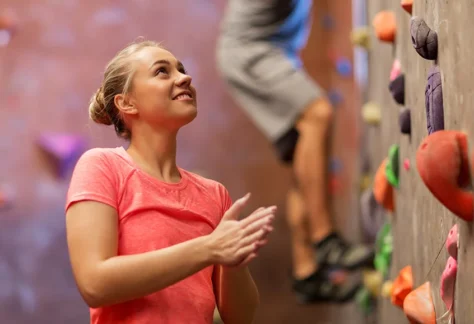In This Article:
- To keep your kids safe at the pool, watch them at all times — don’t rely solely on flotation devices.
- Teach your kids to swim at an early age. Install water barriers within your pool and be sure you know CPR in case of an emergency.
- Practice and preach these five rules: no running around the pool, no diving in the shallow end, no pushing people in, no pulling other kids underwater and no swimming without adult supervision.
Your management team has somehow managed to develop a culture throughout the Arizona Burn Center that is something I wanted to compliment you for … It is one that treats the patient as a special person. Whether it was the nursing staff, the physical therapists or the physicians, they all shared the same understanding – the importance of the patient and how to deliver the best possible overall care.—
Here are six simple ways to protect your children at the pool, according to the U.S. Consumer Product Safety Commission (CPSC):
1. Keep an eye on your kids at all times.
Constant vigilance is key. It only takes a second for a child to go under water and start drowning, so don’t let anything distract you. That means keeping the cell phone down and alcohol to a minimum. If your child is still learning to swim, make sure to always keep them within arm’s reach.
2. Don’t rely on flotation devices.
Water wings and life jackets are great safety accessories for children and non-swimmers, but should never be used as an alternative to adult supervision at the pool.
3. Install water barriers
Not only is it the right thing to do, but Arizona law actually requires pool owners to install certain safety measures if there are young children in the home. Install a four–sided fence, with self–closing and self–latching gates, around backyard swimming pools to keep children away from the area when they aren’t supposed to be swimming. Additionally, make sure all pools and spas have proper drain covers.
4. Learn to swim
According to the Red Cross, half of Americans don’t know how to swim. This is scary when you realize many of those people are parents with kids who love the water. Swimming lessons are readily available for people of all ages. Choose the class that’s right for your family and make sure your child is developmentally ready to take lessons (usually around four years old).
5. Practice and preach these five rules:
- No running around the pool
- No diving in the shallow end
- No pushing people in
- No pulling other kids under water
- No swimming without adult supervision
6. Learn CPR
If tragedy strikes, starting CPR immediately is the most important thing you can do to prevent a child from dying. CPR helps the heart continue to circulate blood and deliver oxygen to the brain to prevent long-term damage or worse. Doing CPR while you wait for the ambulance can mean the difference between life or death. Sign up for a class with The Red Cross or another certified local trainer.






